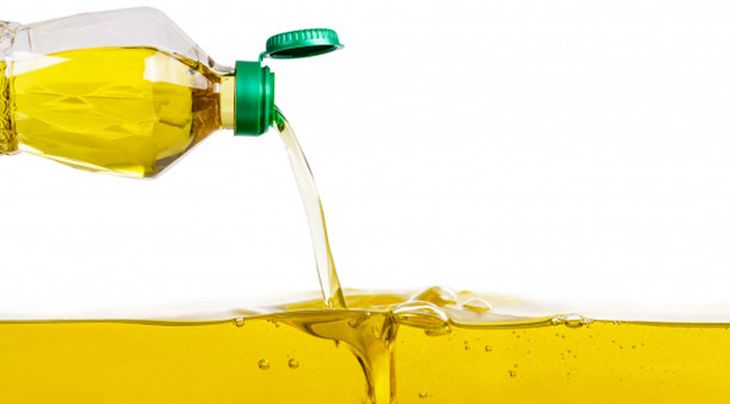Taras Vysotsky named the key factors needed to restore the fat and oil industry in Ukraine

The crisis in Ukraine’s fat-and-oil industry caused by the war created a shortage of oil products on world shelves in the first months of Russia’s full-scale invasion. The current situation in the industry and ways to overcome the crisis were discussed in the program “Soupy. Resistance” program, Taras Vysotsky, First Deputy Minister of Agrarian Policy and Food of Ukraine, spoke about the current situation in the industry and ways to overcome the crisis.
He named several aspects that caused problems in the fat and oil industry. First, it is a decrease in the production of potential raw materials, i.e. sunflower seeds, in the Eastern part of Ukraine. Because of this, our country has not received about ⅓ of the seeds for processing.
“These are quite significant losses, because in absolute terms, the value of this raw material is $2-2.5 billion,” explained Taras Vysotsky.
The second reason is related to the temporary occupation of Zaporizhzhia, Donetsk, and part of Kherson regions. There are enterprises there that processed raw materials and produced oil. They are quite powerful and currently inaccessible.
“We should also not forget that the Russians brazenly shelled Mykolaiv port, which also has terminals and some of the largest oil producers. All these facts have led to the fact that the possibility of processing raw materials in Ukraine has almost halved,” said the First Deputy Minister.
Another challenge for the industry was the closure of all seaports. “Ukrainian oil is a top product for the global export market, as more than 90% of oil is exported. Our buyers are mostly Southeast Asian countries – the only way to deliver there was by sea.
According to Taras Vysotskyi, this logistics was impossible when the war broke out, and the period before the Grain Initiative was launched was the most crisis-ridden for the industry.
“During the first five months of the blockade of the Black Sea ports, there was a real shortage of our oil in the world. It was partially covered by the fact that we exported sunflower seeds to other countries, which processed them into oil and sold them to the world markets. In this situation, Ukraine traditionally acted as a guarantor of food security. It did not limit its exports and allowed other countries to have our products. Now the global deficit is no longer so critical,” he explained.
At the same time, Taras Vysotsky noted that Ukraine suffered losses in added value because it was unable to process its raw materials on its own.
He emphasized that there are several critical points to restore the fat and oil industry. These include the extension of the duty-free, quota-free free trade zone with the EU. Also, the extension or indefinite validity of the Grain Initiative, which allows exporting fat-and-oil products through the Black Sea ports.
“It is very important for us to extend and expand it to include the capacities of Mykolaiv port,” said Taras Vysotskyi, reminding that the current agreement expires on March 20.
The next point Taras Vysotskyi mentioned was the financial support for agricultural producers under the government’s 5-7-9% initiative. “If we manage to resolve all these issues, we can expect the fat-and-oil industry to start recovering in 2023,” the First Deputy Minister summarized.
Read also
Silver exceeds $100 per ounce for the first time in history
Registration for BLACK SEA GRAIN.KYIV goes on – join with Early Ticket by Ja...
Do not ship soy, but crush. Could 2025/26 be a turning point for Ukrainian soybeans?
Asia softens stance on GM in animal feed amid rising prices
Sunseed prices in Ukraine reached their highest level of the season
Write to us
Our manager will contact you soon



